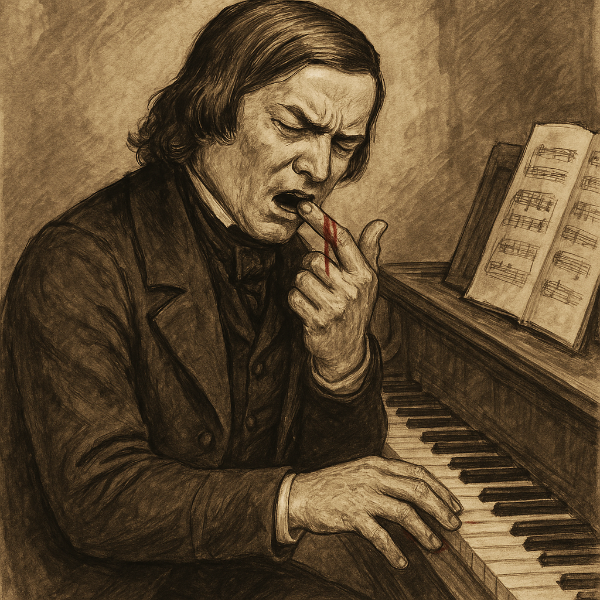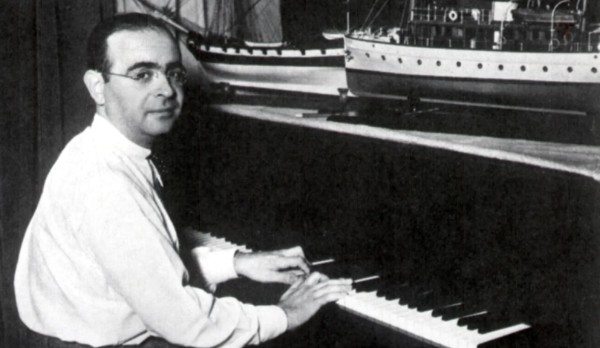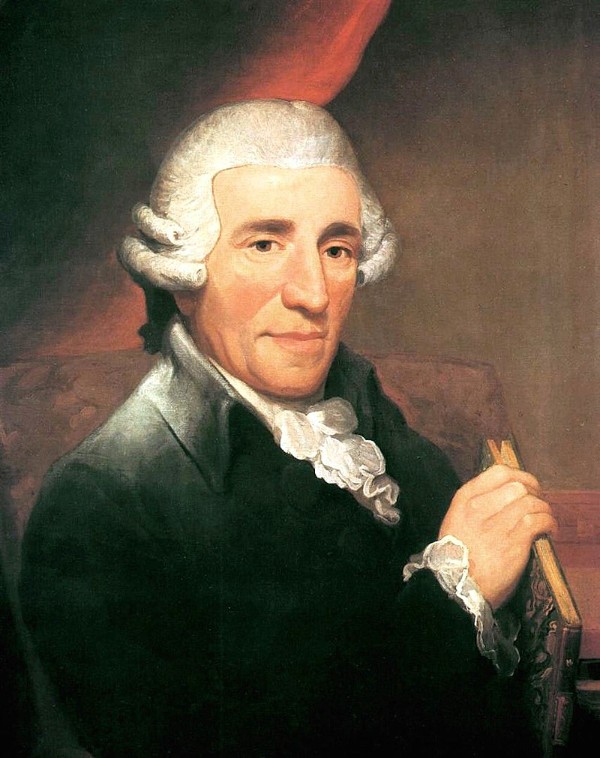William Vincent Wallace (1812-1865) might not be a household name nowadays, but he was one of the major composers of Romantic English opera. And while his opera Maritana, which had a triumphant première at London’s Drury Lane Theatre on 15 November 1845, has faded into the background, his adventurous life is the stuff of legends and novels!
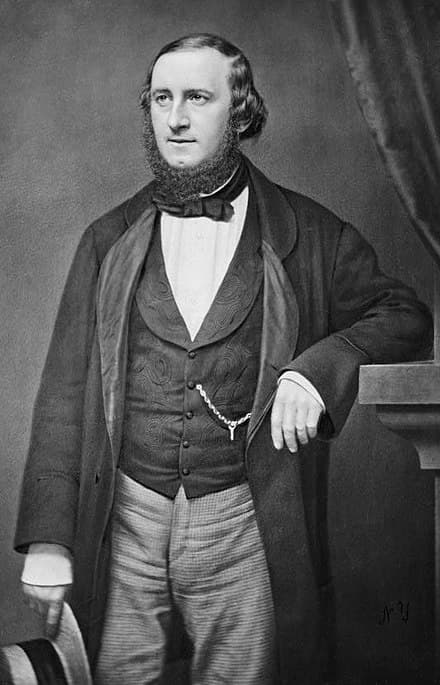
William Vincent Wallace. Portrait by Mathew Brady, New York City, undated (Library of Congress)
A native of Ireland, he was an accomplished violinist and pianist in Dublin. He married Isabella Kelly but, in fact, also fell in love with his wife’s sister. Predictably, this arrangement did not work out, and Wallace drifted to Australia, where he complemented his musical earnings by sheep farming and whale hunting. A trip to Tasmania nearly ended in tragedy as he narrowly escaped being eaten by cannibals and was only saved through the romantic intervention of a chief’s daughter. He escaped an earthquake in the South Seas and survived being shipwrecked by a typhoon.
Vincent William Wallace: Maritana (Majella Cullagh, soprano; Lynda Lee, mezzo-soprano; Paul Charles Clarke, tenor; Ian Caddy, baritone; Damien Smith, baritone; Quentin Hayes, bass; RTÉ Philharmonic Choir; RTÉ Concert Orchestra; Proinnsías Ó Duinn, cond.)
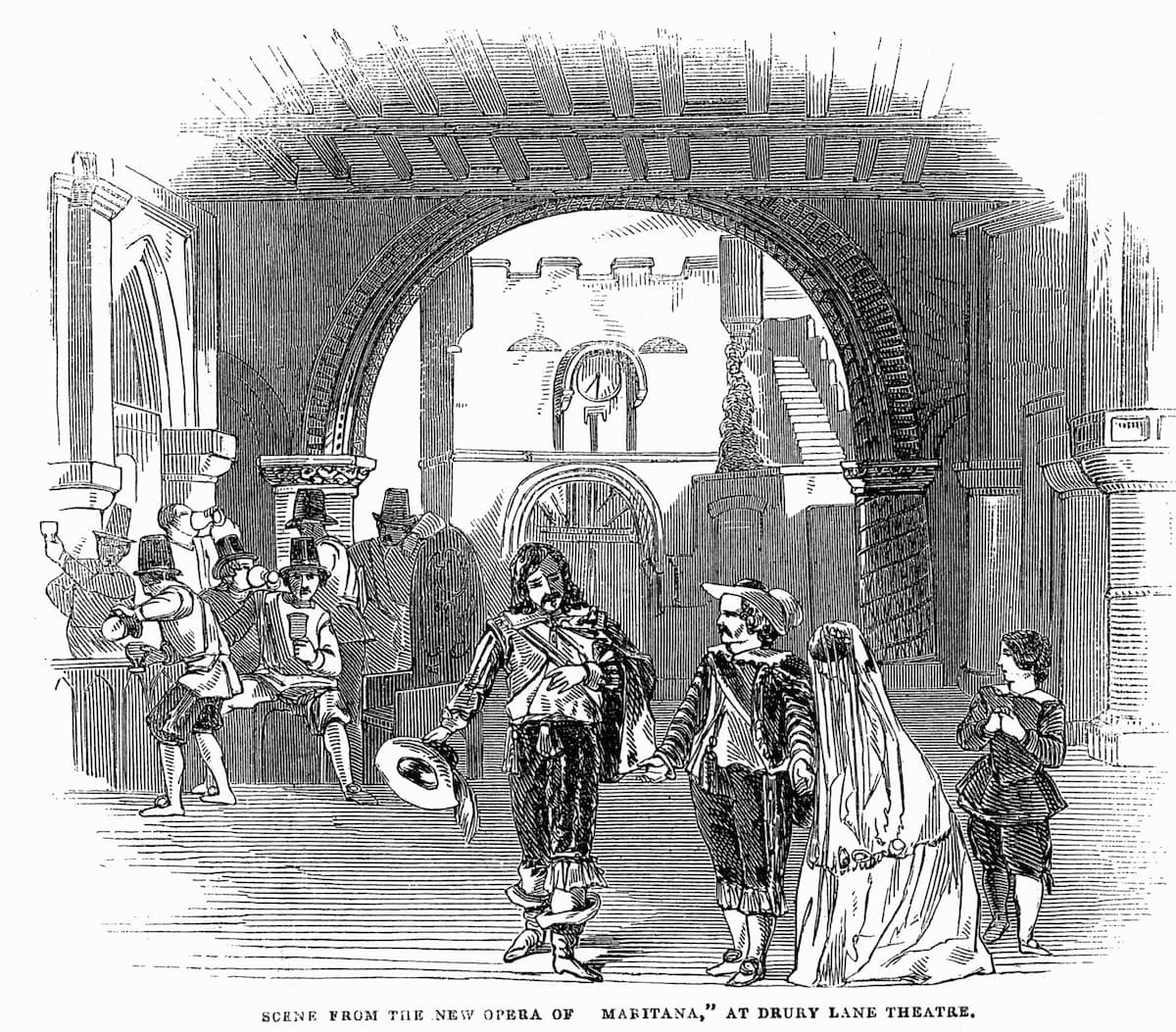
Scene from Maritana (1845): The wedding of Don Cæsar and Maritana
Saying goodbye to Australia, Wallace next traveled to India and was promptly mauled by a tiger. Finding India somewhat dangerous, he crossed the South American continent on the back of a mule. Returning to Europe, he put the finishing touches on Maritana but was threatened by blindness and sent by his doctor back to South America for treatment. The following year, having survived the attentions of the Inquisition in Mexico and a shipboard explosion on route to North America, he reached New York. In 1850, he became an American citizen and, in the same year, bigamously married the 23-year-old pianist Helen Stoepel. He also lost nearly all his savings in a failed investment in a pianoforte factory. Returning again to this side of the Atlantic, he settled in London, where he lived for another 20 years before ill health forced him to head for the Pyrenees, where he died in 1865. Maritana, which absurdly contrasts life at the Spanish court with that of a Gypsy street singer, became an unqualified success and played in opera houses from Vienna to Philadelphia. How many possible opera librettos can you detect in the strange adventures of his life?
For more of the best in classical music, sign up for our E-Newsletter

